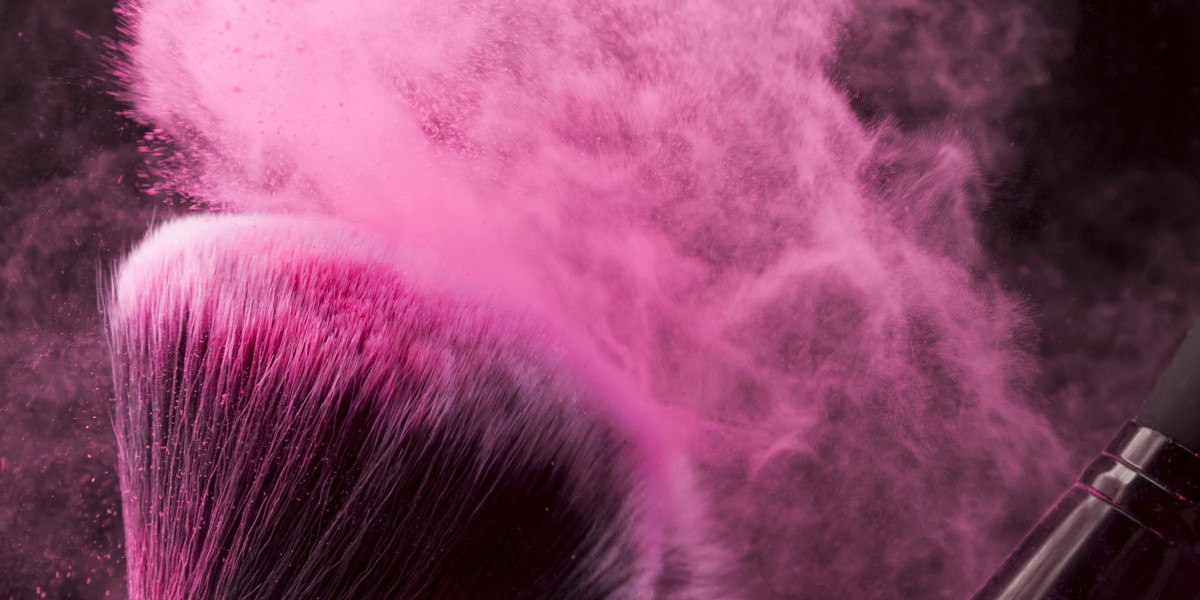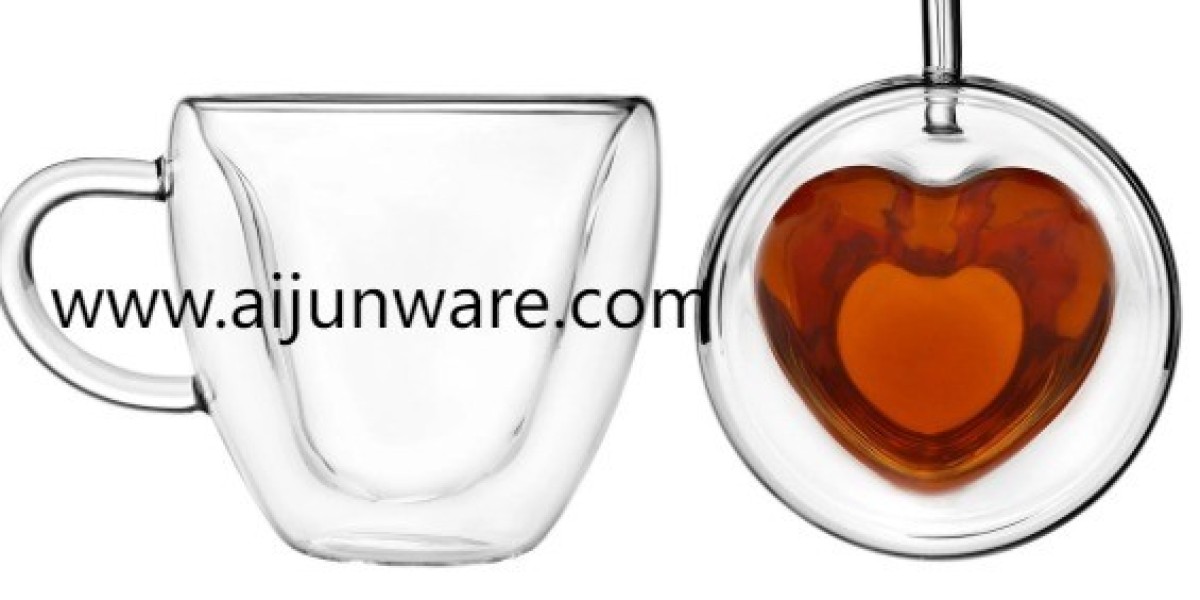Beauty has never been a fixed concept. From the powdered wigs of the 18th century to the filtered selfies of the digital age, what society deems “beautiful” changes like fashion trends. Yet, the pressure to fit into these ever-shifting molds remains constant.
Social media has amplified this pressure, creating a global stage where curated perfection is the norm. Flawless skin, sculpted bodies, and symmetrical faces dominate our feeds, often making beauty feel like an unattainable goal rather than a celebration of individuality.
But the tide is turning. Movements advocating body positivity, diverse representation, and authenticity are gaining momentum. People are challenging unrealistic portrayals and embracing features once overlooked—freckles, natural hair textures, scars, and every shade of skin.
The truth is, beauty is not a single standard—it’s a spectrum as wide as humanity itself. When we expand our definition of beauty to include uniqueness and imperfection, we move closer to a world where everyone can feel seen, valued, and confident in their own skin.






